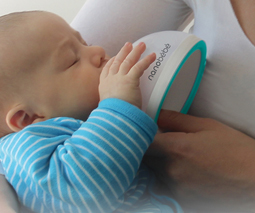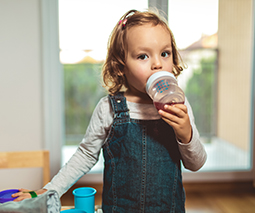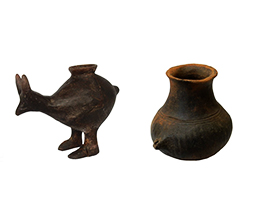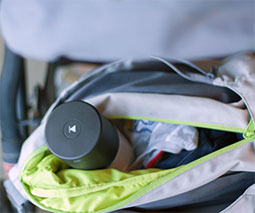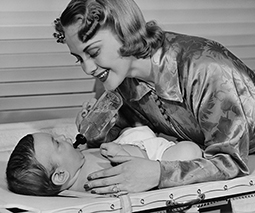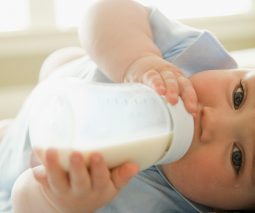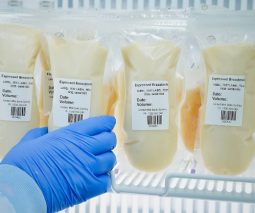The day formula milk changed my life

When I brought my son home from the hospital, he had already lost weight.
“Don’t worry,” the paediatrician told me during that first home visit. “They lose ten percent of their weight after birth. He’ll gain it back in no time.”
But I knew, the way mums always know, that something was wrong.
Why won’t my baby feed?
From the moment he first entered the world, his cherubic lips pursed, ready to suck, he seemed hungry. But no matter what I did or read, or how often I went to see the lactation consultant, my tiny baby’s weight continued to drop.
He couldn’t seem to latch, or if he did, he wriggled so much, he ‘fell off’ the breast.
“I’ve never seen that before,” the lactation consultant, an older Scottish woman, told us. “He’s just fussy. You need to work it, like this …'”she added, while twisting his head, and smashing it against my engorged breast.
He wriggled off again.
“You need to persevere – the first few weeks are always the hardest,” she insisted, and maybe it was my hormones, but I could have sworn I heard judgement in her Scottish brogue.
My two-week-old baby’s weight was now 2.5 kilograms – down from 3.55kg at birth. He’d lost a third of his entire body weight. I felt panic-stricken, flooded by feelings of guilt and shame. Breast was best! Breast produced smarter, healthier babies, didn’t it? And mine was … I mean, I was … slowly starving him?
The turning point
“I’m going to buy formula,” my husband told me. His eyes were glassy, but his face was resolute. I agreed, too tired and too sad to argue. My poor little boy was so skinny, how could this be ‘best’?
I know it is, for so many. For those who can, it is. What was I doing? What was I doing wrong?
Crying, from guilt and sleeplessness, I gave him that first bottle. He took to it like a pro, his little cheeks flushed with satisfaction, his eyes rolling back, drunk on sweet milk.
Within days his weight was up. And so was my mood. My husband took the night feeds and the extra sleep brought clarity. We never looked back.

Formula feeding beyond the baby days
My son, who had such difficulty staying on the breast, was diagnosed with autism shortly before his third birthday.
His numerous food sensitivities meant that, like so many kids on the autism spectrum, his diet was extremely limited. He gagged if offered a babyccino; vomited if given vegetables or eggs; screamed over sausages. Could not even be bribed by sweets – sugar was far too much for him.
But he loved his bottle. It was the only thing that soothed him after meltdowns. Fortunately, the formula we chose had follow-on formulas – up to 36 months (3 years). So, at six months, we went to the next one, and at 12 months, the next.
I found out the organic company, Nutura Organic, sourced their milk from grass-fed cows on chemical-free pastures in Victoria, without using any synthetic fertilisers, insecticides or growth hormones … and honestly? It seemed so idyllic, it soothed me.
I began to feel less guilty. Maybe I felt … OK.
There are no artificial colours or sweeteners in the range either, so when people, (well, OK, my parents) asked pointedly if “drinking that milk was healthy”, I explained that, for my son, it was the greatest amount of nutrients – including nearly twenty different vitamins and minerals – he could swallow in the shortest amount of time.
Formula became, for us at least, life-changing.
I have zero problems promoting it to whoever will listen. It is what I always recommend to other parents of toddlers who despair over a steady diet of chicken nuggets. “Get the formula,” I tell them. “It will change everything.”
And it has. Once, when a paediatrician insisted on measuring my son’s iron levels, he read the results back to me in mild shock. “You said he won’t eat meat, but his iron is through the roof!”
“I’m sure it is,” I replied. “He’s almost four and he drinks formula.”
You can find out more about Nutura Organic Stage 3 Toddler Milk Drink here.
